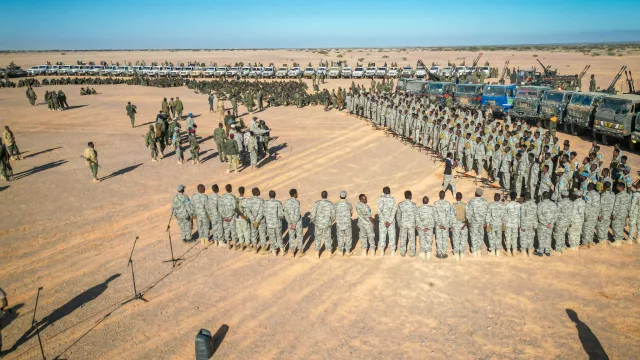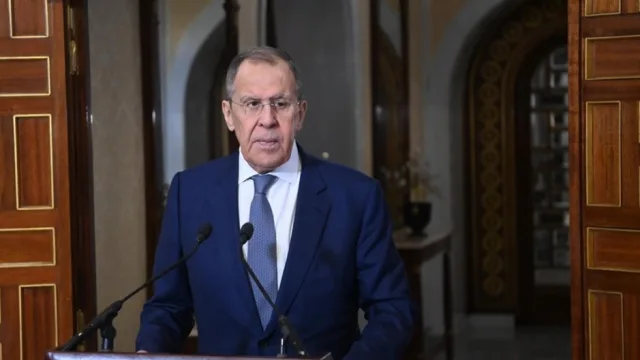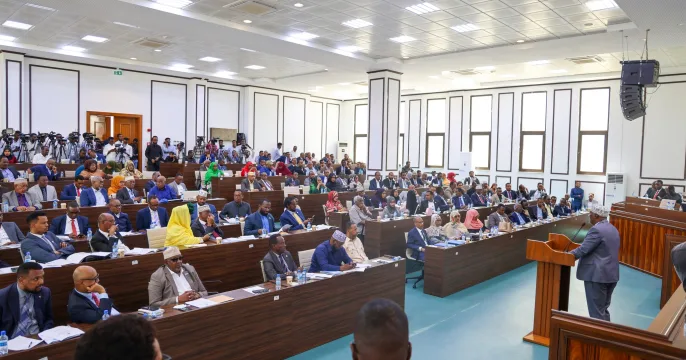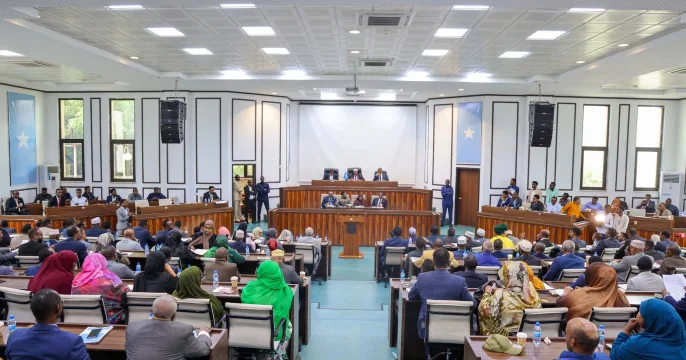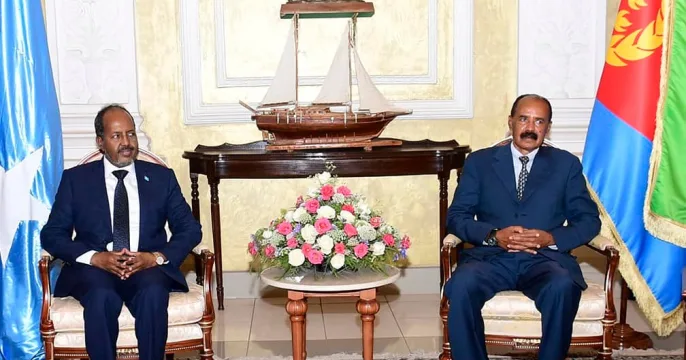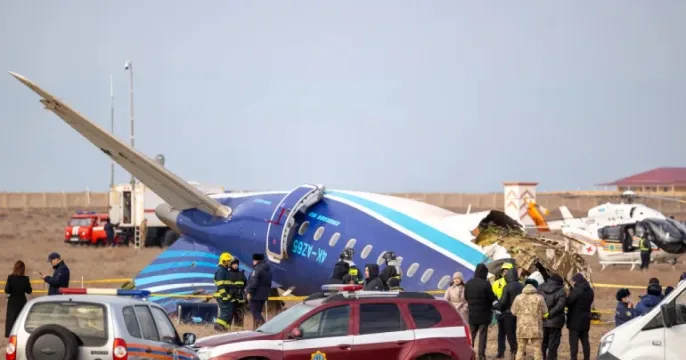The Horn of Africa country has been at war for two decades, and the weak, U.N.-backed government has for years controlled just a few blocks of the capita
NAIROBI, Kenya — As pro-Somalia military forces are making inroads against al-Qaida-linked militants, the war-ravaged country is facing another problem: a constitutional crisis that threatens to unravel hard-won military gains.
The U.N. representative to Somalia says a crisis is unfolding over the efforts by the country’s parliament and government to extend their terms, and that the international community “doesn’t buy” the government’s argument for extending itself beyond its August mandate.
The Horn of Africa country has been at war for two decades, and the weak, U.N.-backed government has for years controlled just a few blocks of the capital. Basic services are mostly unavailable and residents often are caught in the middle of clashes between government-backed troops and insurgents.
In February, the oversized 550-member parliament voted itself a three-year extension, a vote the U.S. sharply criticized.
Then Somalia’s Cabinet said Sunday that it also wants a one-year extension so it can continue governing through a military offensive against al-Qaida-linked militants — a battle launched last month in which African Union and Somali forces seem to be making gains.
The government’s U.N. mandate expires Aug. 20, and it’s not yet clear what will happen then.
The U.N.’s Somalia representative, Augustine P. Mahiga, said in an interview that Somalia’s government is suffering a constitutional crisis even as pro-government forces claim to have captured up to 75 per cent of Mogadishu.
“Ironically, as these military successes are being recorded on the ground, there have been disturbing political developments,” Mahiga said.
Mahiga said that even before the weekend announcement by Somalia’s cabinet, the government had been asking the international community for more time.
“The international community did not buy the argument of the government, and instead wants to see elections in July, Mahiga said.
Parliamentarians said they, too, would not back a Cabinet extension and called on President Sheik Sharif Sheik Ahmed to instead seek his extension through an election. The Cabinet extension requires parliament’s approval.
“It won’t happen. The parliament will not vote for the extension of the current crop of leaders,” said parliamentarian Ali Farah Seeko. “They should seek a new mandate in August.”
Somalia’s government has long been embroiled in internal wrangling, especially between the executive and the legislature.
Ahmed is not on good terms with the parliament speaker, Sharif Hassan Sheik Aden, who didn’t consult the president — or the international community — over parliament’s plan to vote itself a three-year extension. Somalia’s parliament has little effect on the lives of average Somalis. It hasn’t passed any laws in the last six years, and one of its biggest achievement so far has been refurbishing the parliament building.
The U.S. called that February self-extension “self-serving political manoeuvring.”
The country’s 550 members of parliament are paid $600 a month — a decent sum in Somalia — but are trying to get that increased to $1,500 a month, Mahiga said.
Mahiga said the international community is open to a one-year extension for parliament, but would like to see a new government voted in by August.
The duration of that new government would be determined by the adoption of an interim constitution. The challenge, Mahiga said, is for everyone to agree on a constitution, which parliament and government leaders said can be finished within a year.
But in yet another twist likely to upset the international community, Mahiga said parliament’s position is that the implementation of that new constitution would have to wait until parliament’s three-year extension has expired.
Because the international community pays for almost everything related to Somalia’s government, one option is for donors to simply stop sending money to Mogadishu.
But while Mahiga said that is an option, “we don’t want to paralyze these institutions.”
Whether the presidential administration exists or not has historically not made much difference to the people of Somalia, whose country has been mired in conflict since 1991. The government is protected by 8,000 African Union peacekeepers although in recent weeks pro-government forces have driven the Islamist militants of al-Shabab from a few towns and key positions in the capital. Gains are being made in the countryside as well.
In their meeting over the weekend, Cabinet ministers gave a laundry list to justify their renewal: building effective security forces, restoring peace, combatting corruption, completing the draft constitution, working on reconciliation and building political parties.
Whether the Cabinet gets more time or not — which doesn’t seem likely — the political wrangling is unlikely to affect international support for the African Union forces leading the charge against al-Shabab. But Mahiga noted that military gains must be coupled with political leadership.
“It has to be a political solution and the political part of it has to be performed by government,” he said. “And really, by removing the government partner who is supposed to provide the leadership in the struggle against al-Shabab you are literally spelling defeat to the whole exercise.”
By Jason Straziuso,Malkhadir M. Muhumed, The Associated Press
Copyright © 2011 The Canadian Press. All rights reserved.
